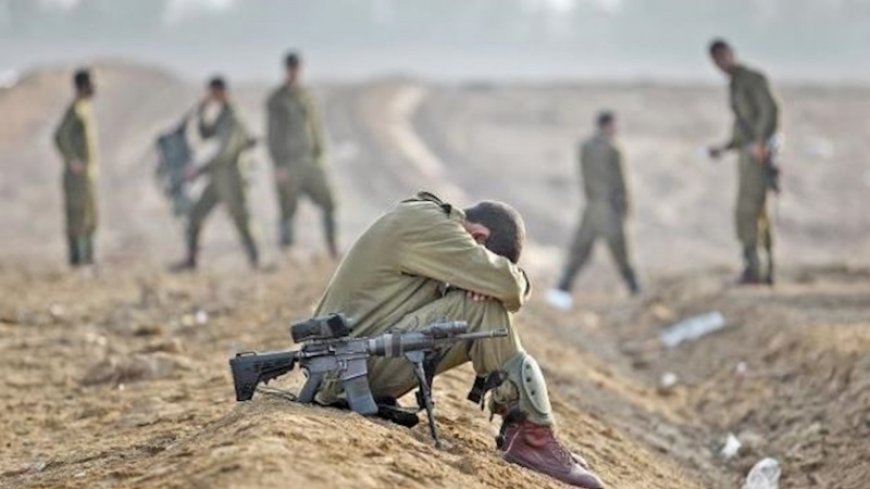U.S. Acknowledges Israel's Struggle to Defeat Hamas as Gaza Conflict Wears On
The New York Times reports that U.S. and Israeli officials have conceded that Israel’s efforts to completely destroy Hamas have largely failed. Despite the extensive military campaign that has unfolded over the past 11 months, including significant destruction of Gaza's infrastructure and civilian casualties, the stated objective of eradicating Hamas remains unmet.

The New York Times reports that U.S. and Israeli officials have conceded that Israel’s efforts to completely destroy Hamas have largely failed. Despite the extensive military campaign that has unfolded over the past 11 months, including significant destruction of Gaza's infrastructure and civilian casualties, the stated objective of eradicating Hamas remains unmet.
Since the onset of the conflict, Israeli leaders, including Prime Minister Benjamin Netanyahu, have maintained that the primary goal was the total dismantling of Hamas. However, the latest assessments reveal that this goal remains elusive. The Israeli military's inability to fully neutralize Hamas’s network of underground tunnels—where, ironically, Israeli prisoners are also held—highlights the challenges faced in achieving this objective.
In addition to the failure to dismantle these critical tunnels, Israeli forces have been unable to demilitarize Gaza as planned. Instead, in areas from which Israeli troops have withdrawn, Hamas has reportedly established a stronger presence. This shift underscores the broader issue that military action alone is insufficient to eliminate the organization or its influence.
Israeli military officials have openly acknowledged the limitations of their strategy. In June, army spokesperson Daniel Hagari criticized the notion of completely destroying Hamas, describing it as an unrealistic goal given that the group's influence extends beyond mere physical presence to being deeply embedded in the Palestinian populace. “Hamas is an idea you cannot destroy,” Hagari stated, highlighting the ideological and cultural dimensions of the conflict.
The persistence of Hamas, despite Israeli military actions and the targeted killing of its leaders, is further illustrated by the group's efforts to regenerate and adapt. The recent appointment of Yahya Sinwar as the head of Hamas’s political bureau is seen as a strategic move to bolster the group's resilience and operational capabilities.
CNN’s latest analysis suggests that the current military approach employed by Israel—characterized by extensive bombing campaigns and a lack of a coherent post-war strategy—may be contributing to the resurgence of Hamas. The network questions Prime Minister Netanyahu’s claims about the destruction of significant portions of Hamas’s military infrastructure and highlights the potential missteps in Israel’s strategic planning.
In summary, the ongoing conflict in Gaza has underscored the complexities of the situation and the limits of military solutions. The failure to achieve the complete dismantling of Hamas reflects broader challenges in addressing the deep-seated issues driving the conflict. As the situation continues to evolve, both Israeli and U.S. officials face growing scrutiny over their strategies and the efficacy of their approach to resolving one of the most enduring and volatile conflicts in the region.













































